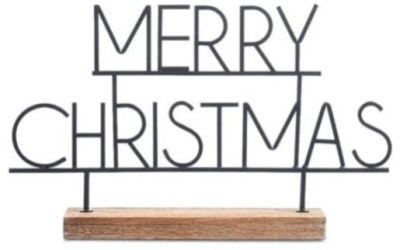The ban also applies to commercial office buildings, industrial buildings or retail buildings four storeys or more in height for Class A construction and three storeys or more in height for Class B construction.
While industry has largely supported a prohibition of this type, the sticking point for owners of existing properties is likely to be the retrospective nature of the ban.
NSW Fair Trading Commissioner Rose Webb gave manufacturers, developers and property owners notice on Friday 10 August of the intent to impose the new ruling under the state’s Building Products (Safety) Act 2017.
The specific products it applies to are any form of aluminium composite panel with a core comprised of more than 30 per cent polyethylene by mass where the intent is to use the product for external cladding, facades, external walls, external insulation or external renders.
Only products that have passed the new product safety and wall assembly safety tests – Australian Standard 1530.1 Methods for fire tests on building materials, components and structures or Australian Standard 5113 Fire Propagation testing and classification of external walls of buildings (AS 5113) – are exempt.
The government had foreshadowed the ban early this year, and called for public submissions in March.
“Having considered a broad range of sources, including public submissions, expert advice, national and international reports, and NSW Cladding Taskforce data, I am satisfied that there is a safety risk posed by this building product,” Ms Webb said.
The ban would apply even if the building product was used in a building before the ban was made, she said.
This means that all of the buildings identified by the NSW Cladding Taskforce audit, and others where owners are concerned there could be a compliance issue, may need to take urgent action.
The ban has teeth too, as it will be an offence carrying a penalty of up to $1.1 million for a company or $220,00 for an individual to contravene the building product use ban or to represent that a building product is suitable for use where such use would contravene the ban.
- Read the full regulation here
The new rule brings NSW into closer alignment with similar bans imposed by the Queensland and Victorian governments.


